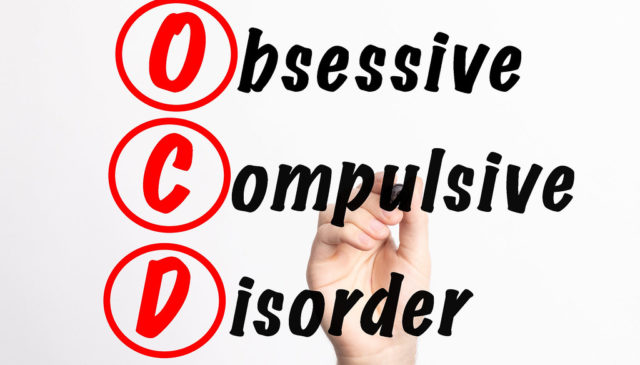
Can cannabinoids help with obsessive-compulsive disorder (OCD)?
Cannabinoid-based therapies have taken center stage as a new point of interest in clinical research. To date, there are thousands of clinical studies and case reports examining the effects of cannabinoids on diseases such as cancer, anorexia, HIV & AIDS, Alzheimer’s, COPD, migraines, multiple sclerosis, insomnia, irritable bowel syndrome and asthma, among others.
When it comes to obsessive-compulsive disorder, many cannabis enthusiasts can agree that this was out of the question.
As the name indicates, OCD is a condition that is an obsession with performing repetitive tasks in a way that the rest of the population will interpret as “abnormal”. For example, people who are too conscious of cleanliness or tidiness often joke that they are obsessive-compulsive disorder. Many may not realize that obsessive-compulsive disorder is a disability that can prevent one from having an everyday life.
But can cannabinoids really help with OCD?
Obsessive-compulsive disorder has been associated with high levels of dysfunction. Common symptoms of Obsessive Compulsive Disorder include fear of dirt contamination, obsession with symmetry, fear of insecurity, aggression, and fear of shaking hands.
Where does cannabis come from?
Cannabinoids are bioactive compounds that exert therapeutic benefits by interacting with the endocannabinoid system (ECS). The ECS maintains homeostasis by modulating various processes such as pain control, moods, and memory.
Have there been studies linking cannabinoids to obsessive-compulsive disorder?
To date, no clinical studies have been conducted to investigate the effectiveness of cannabinoids in treating obsessive-compulsive disorder.
However, recent research has shown that cannabinoids can help relieve anxiety and other symptoms related to obsessive-compulsive disorder. [1]
In this study, the ECS showed that it plays an important role in regulating anxiety, stress, and repetitive behaviors.
Researchers went through PubMed studies from early 2018 to look for studies involving cannabis, cannabinoids, or the ECS that have been linked to disorders or anxiety or disorders of the OC spectrum. About 150 articles were referred to in the first draft.
The researchers hypothesized that “the ECS may affect the neural circuitry that underlies Obsessive Compulsive Disorder and be a target for novel treatments.”
They concluded that the ECS plays a critical role in the underlying pathology and treatment of obsessive-compulsive disorder. [1]
In addition, individual reports have shown that certain cannabinoids such as CBD can help relieve anxiety and insomnia, which are common symptoms of obsessive-compulsive disorder.
To date, there is no definitive medical cure for this condition. The Federal Drug Agency (FDA) has approved the use of selective serotonin reuptake inhibitors) to manage OCD. Unfortunately, SSRIs have some setbacks. For example, they can increase anxiety and anxiety, which in some cases makes them counterproductive. They also need a longer duration of action before patients can fully appreciate their effects.
Such studies have shown the potential that needs further investigation.
Image source
https://www.flickr.com/photos/91261194@N06/49723508176
References
Reilly R. Kayser, Ivar Snorrason, Margaret Haney, Francis S. Lee, and H. Blair Simpson. (2019). Cannabis and cannabinoid research. Volume: 4 Issue 2, pp. 77-87.
